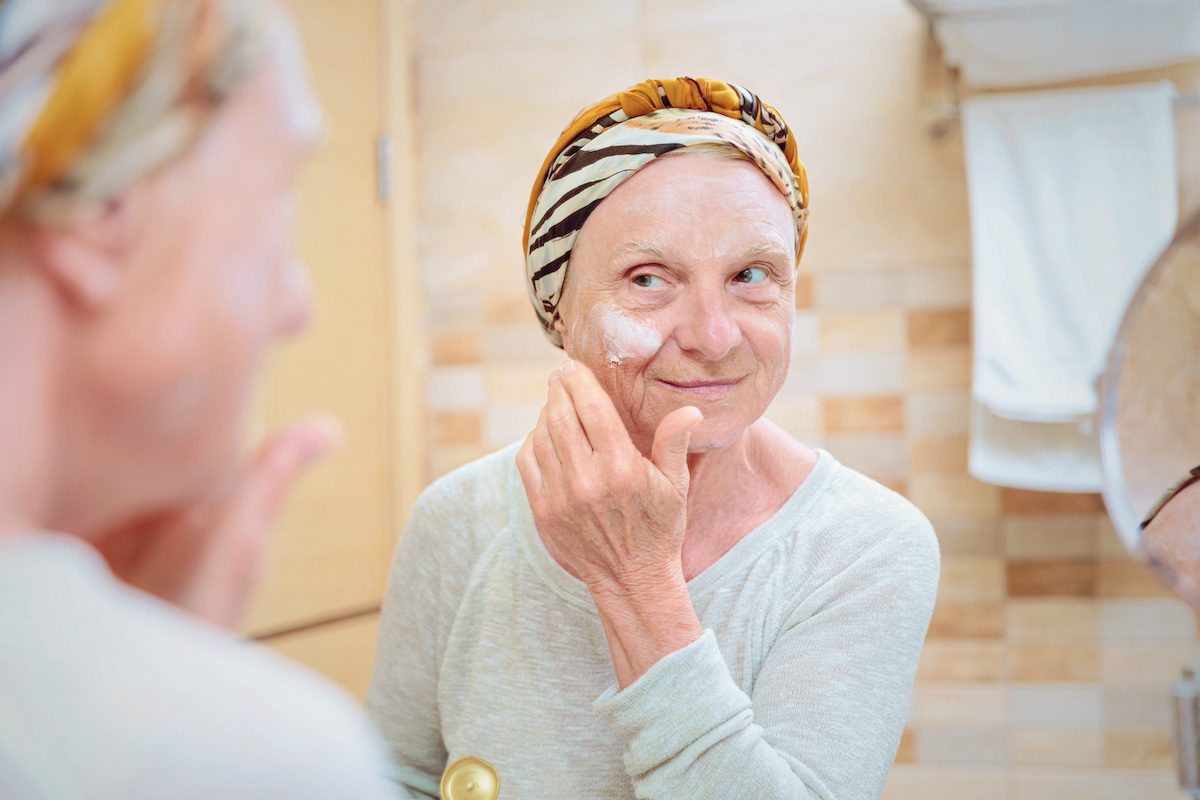The Importance of Meditation and Mindfulness

In the hustle and bustle of modern life, where the demands of work, relationships, and daily responsibilities can be overwhelming, the practices of mindfulness and meditation have emerged as invaluable tools for fostering mental well-being and enhancing the quality of life. Rooted in ancient traditions, these practices are now supported by a growing body of scientific research highlighting their positive impact on various physical and mental health aspects. From reducing stress to improving focus, the benefits of incorporating mindfulness and meditation into one’s daily routine are manifold.
Mindfulness
At its core, mindfulness is the art of being fully present in the moment, cultivating awareness without judgment. This practice, often associated with meditation, encourages individuals to observe their thoughts and feelings without getting entangled in them. By doing so, mindfulness provides a powerful antidote to the constant stream of distractions and stressors that characterize modern life.
One of the primary benefits of mindfulness is its ability to alleviate stress and promote relaxation. In a world where chronic stress has become a pervasive issue, leading to a myriad of health problems, the simple act of pausing to be present in the moment can have profound effects. Mindfulness-based stress reduction (MBSR) programs, developed by Dr. Jon Kabat-Zinn, have gained popularity for their efficacy in reducing stress and anxiety. Through techniques such as focused breathing and body scan meditations, individuals learn to redirect their attention away from the chaos of their minds and towards the calm center of the present moment.
Moreover, mindfulness has been shown to have a positive impact on mental health conditions such as depression and anxiety. Mindfulness-based cognitive therapy (MBCT) integrates mindfulness practices with cognitive-behavioral therapy techniques, offering individuals a holistic approach to managing and preventing relapses of depressive episodes. By fostering self-awareness and acceptance, mindfulness equips individuals with the tools to navigate challenging emotions, ultimately promoting emotional resilience.
Meditation
Meditation, a closely related practice to mindfulness, involves training the mind to achieve a state of deep concentration and relaxation. While there are various forms of meditation, such as mindfulness meditation, loving-kindness meditation, and transcendental meditation, they all share the common goal of quieting the mind and promoting inner peace. Regular meditation has been associated with structural changes in the brain, particularly in areas related to attention, memory, and self-awareness.
One of the critical advantages of meditation is its impact on cognitive functions, including improved focus and enhanced decision-making abilities. In a society characterized by constant multitasking and information overload, the ability to concentrate on the task at hand is a valuable skill. Meditation has been found to increase gray matter density in the brain, particularly in regions associated with attention and sensory processing. As a result, individuals who engage in regular meditation often report heightened levels of concentration and a greater ability to stay focused amidst distractions.
Furthermore, both mindfulness and meditation contribute to overall well-being by fostering a positive outlook on life. The cultivation of a non-judgmental awareness in mindfulness allows individuals to approach experiences with greater acceptance and openness. Similarly, meditation practices that focus on gratitude and compassion, such as loving-kindness meditation, promote a positive mindset and a sense of interconnectedness with others. By nurturing a positive mental state, these practices contribute to improved overall life satisfaction and a greater sense of happiness.
The benefits of mindfulness and meditation in the realm of physical health are equally noteworthy. Research indicates that these practices can lead to improvements in cardiovascular health, immune function, and even pain management. The mind-body connection becomes apparent as individuals learn to observe and regulate their physiological responses through practices like mindful breathing and body scan meditations.


How To Incorporate This Into Elderly Life
As individuals age, the pursuit of a healthy and fulfilling life becomes increasingly paramount. Amidst the challenges posed by aging, practices such as mindfulness and meditation have emerged as powerful tools for promoting physical, mental, and emotional well-being in the elderly population. Rooted in ancient traditions, these practices offer a range of benefits that contribute to a higher quality of life and a more graceful aging process.
Cognitive Health
Mindfulness and meditation have been linked to significant improvements in cognitive function, making them particularly valuable for the elderly. As individuals age, concerns about cognitive decline and conditions such as dementia become more prevalent. Research suggests that regular engagement in mindfulness practices can mitigate age-related cognitive decline by enhancing attention, memory, and overall cognitive abilities. Meditation, with its focus on concentration and mental clarity, has been shown to positively impact the structure and function of the brain, potentially reducing the risk of cognitive disorders in older adults.
Stress Reduction
Aging often comes with its own set of stressors, including health issues, changes in lifestyle, and the loss of loved ones. Mindfulness and meditation provide effective tools for managing and alleviating stress among the elderly. By cultivating a present-moment awareness and promoting relaxation, these practices help seniors cope with the challenges they face, leading to a more serene and centered approach to life. Stress reduction is beneficial for mental health and has positive implications for physical well-being, including lower blood pressure and a strengthened immune system.
Emotional Well-being
Emotional health is a crucial aspect of overall well-being, especially in the elderly population. Mindfulness and meditation foster emotional resilience by encouraging a non-judgmental awareness of one’s thoughts and feelings. These practices provide a space for seniors to explore and accept their emotions, leading to a greater sense of inner peace and contentment. Additionally, mindfulness-based interventions have been shown to be effective in reducing symptoms of depression and anxiety among older adults, offering a holistic approach to emotional well-being.
Improved Sleep
Quality sleep is essential for overall health, and many older adults struggle with sleep-related issues. Mindfulness and meditation have demonstrated efficacy in promoting better sleep patterns. The relaxation techniques incorporated in these practices, such as deep breathing and body scan meditations, can help seniors unwind and create a conducive environment for restful sleep. Improved sleep not only enhances physical health but also contributes to better mood and cognitive function.
Pain Management
Chronic pain is a common concern for many seniors, impacting their daily lives and overall comfort. Mindfulness and meditation offer alternative approaches to pain management by changing the perception of pain and increasing pain tolerance. Through mindfulness, individuals learn to observe pain without unnecessary resistance or judgment, allowing for a more balanced and adaptive response. Meditation, with its focus on breath and body awareness, has been shown to reduce the subjective experience of pain and improve pain-related outcomes in older adults.
Social Connection
Aging often involves changes in social dynamics, with the potential for increased isolation. Mindfulness and meditation can serve as a bridge to social connection for the elderly. Group meditation sessions and mindfulness classes provide opportunities for seniors to engage with like-minded individuals, fostering a sense of community and shared experience. This social connection contributes to improved mental health and a sense of belonging, mitigating feelings of loneliness that can be prevalent in older age.


Looking Out For The Future
The incorporation of mindfulness and meditation into the lives of the elderly offers a wealth of benefits that extend far beyond the traditional understanding of health and well-being. From cognitive health and stress reduction to emotional well-being and improved sleep, these practices empower older adults to navigate the challenges of aging with resilience and grace. As society continues to explore holistic approaches to healthcare, mindfulness and meditation stand out as valuable tools that can enhance the overall health and vitality of the elderly population, supporting a more fulfilling and enriching life in the golden years.



